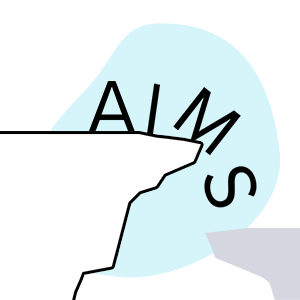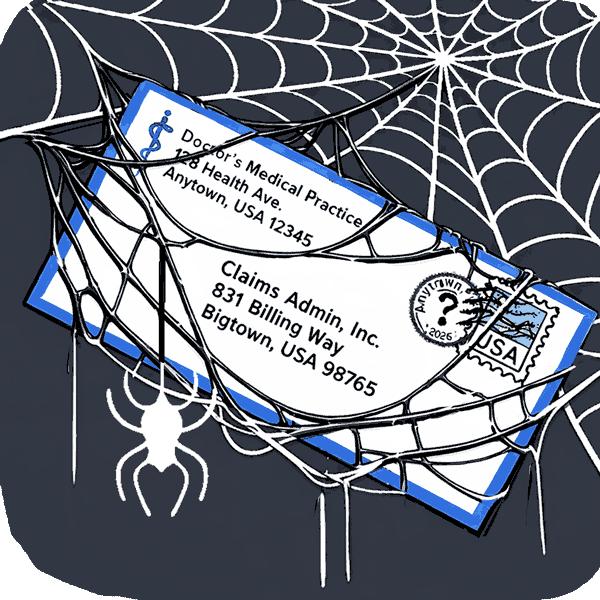CA TPA Resolves e-EOR Data Errors

When it comes to California workers’ comp payment requirements, there is no such thing as half-compliance.
Recently daisyBill reached out to a major Third-Party Administrator (TPA) regarding its consistent failure to send providers electronic Explanations of Review (e-EORs) in response to providers’ electronic bills, as required by California law. The TPA ultimately began returning e-EORs — but the e-EORs were so badly compromised with data errors as to be of no value to providers.
Fact: Compliance with California law means more than simply sending electronic responses to electronic bills. Those EORs must include valid data.
Fortunately, this TPA made every effort to come into compliance, citing issues with its clearinghouse as the root of the problem. We appreciate the TPA’s committed efforts and open communication in resolving the problem; California workers’ compensation would work infinitely better if all claims administrators took compliance as seriously as this TPA.
CA e-EORs: Invalid Data = Non-Compliant
In May, daisyBill reached out to the TPA to report dismally low rates of compliance with e-EOR requirements. In California, claims administrators must return a valid e-EOR in X12 835 format within 15 working days of receiving a provider’s e-bill; the TPA had failed to return e-EORs for 1,854 e-bills.
We informed the TPA that continued non-compliance would obligate daisyBill to submit formal Audit Complaints to the Division of Workers’ Compensation (DWC) on behalf of our clients. As daisyBill pressed for a resolution, the TPA was cooperative, and seemingly eager to comply with the law, as emails from the TPA indicated:
“…We are working on a significant change in workflow…That is requiring programming and coordination that is currently a top priority in our organization.
We do understand the importance of correctly managing the ebill system and our goal is to be 100% compliant as quickly as we can…
…It has been a whirlwind trying to determine what exactly has gone wrong and what we need to do to correct is [sic]. We are still pushing for more definitive reporting and information from both [redacted] and our bill review provider.”
In mid-June, the TPA began returning e-EORs. But of the 139 returned, 44 had significant errors, including listing the wrong payees, arithmetic errors, and missing required information. For a single example of one of the incorrect e-EORs, see the screenshots from daisyBill software below.
To their immense credit, within a week of our pointing out the above, the TPA had resolved these errors. The TPA informed daisyBill that the clearinghouse erred in its processing of check information, leading to the invalid e-EORs.
Imbalance in Enforcement of CA Work Comp Regulations
The point of e-EORs is to enable instant — accurate — posting of adjudication and payment to the provider’s e-bill, an inaccurate e-EOR largely defeats the purpose of e-billing, and creates massive friction for the provider.
While we sincerely appreciate the TPA’s clear efforts, it is important to establish that for providers in California workers’ comp, good intentions are never treated as an acceptable substitute for compliance. When doctors are anything less than 100% compliant with billing requirements, the consequence is swift and automatic.
If a provider fails to timely or accurately submit a bill (for any reason), the claims administrator simply denies the bill as invalid, and the provider is left with little recourse to ‘correct’ the alleged non-compliance and recover the reimbursement owed for the treatment furnished to the injured worker.
This imbalance in enforcement of California payment regulations is driving providers away from workers’ comp, leaving injured workers fewer places to turn for care.
daisyBill has the technology and expertise to make workers’ comp work better. Reach out to see how we can help your practice obtain fast, correct reimbursement for treating injured workers.
LET’S TALK
DaisyBill provides content as an insightful service to its readers and clients. It does not offer legal advice and cannot guarantee the accuracy or suitability of its content for a particular purpose.








